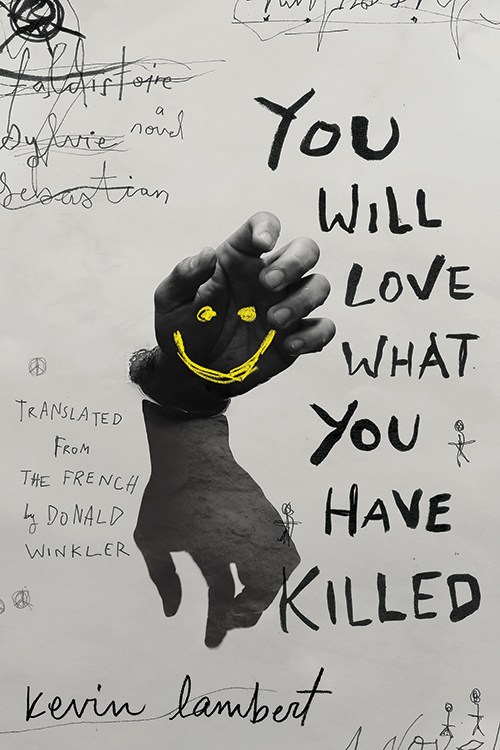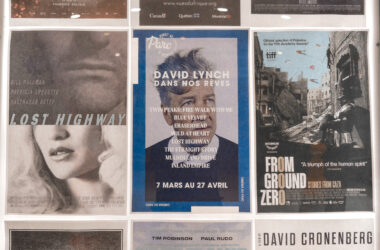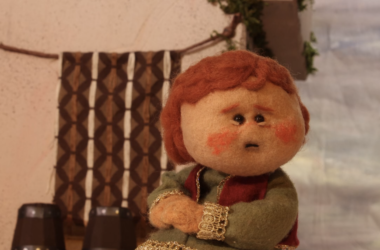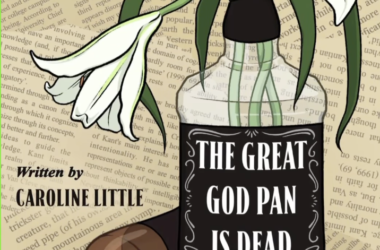Content warning: Violence, child abuse, and sexual assault
Murder, rape, and infanticide are not usually present in conventional coming-of-age novels. In Québecois author Kevin Lambert’s You Will Love What You Have Killed, however, these themes take center stage. Exploring individuality and childhood, Lambert’s novel is about children who are victims of violent deaths and reincarnated to plot their revenge on the adults of their small town. Published in French in 2017 and translated into English this year by Donald Winkler, the novel won the Prix Découverte du Salon du livre du Saguenay, and was a finalist for the Prix littéraire des collégiens.
“It’s a fun and funny book,” Lambert said in an interview with The McGill Tribune. “The children in the story are very cruel and mean, […] but they are powerful individuals that can […] destroy the adult world. The feeling that this book describes about growing up in a society where you feel there is no consideration for the younger generations, that’s a universal feeling today.”
Lambert drew from his own memories and experiences to weave an emotional story about children growing up in his hometown, Chicoutimi, Quebec.
“There was hatred that I felt towards Chicoutimi,” Lambert said. “I didn’t feel that I could be gay there, [and I felt that] I had to move to Montréal to do that. I wanted to give the story a sense of vengeance by using that feeling which I had towards my childhood.”
Yet, Lambert’s sense of estrangement did not dissipate once he moved to Montreal. After he participated in Quebec’s 2012 student strikes, he understood that intergenerational conflicts can exist in urban areas just as they had in Chicoutimi.
“I was politically educated during the student strike of 2012,” Lambert said. “This time was important for Quebec society because political leaders [basically] told the younger generation, ‘What you ask for is not important. We do not care about what you want and we do not want to hear about your opinion.’”
Lambert emulated his political and personal life experiences through his troubled and isolated protagonist, Faldistoire.
“[Faldistoire] at the beginning, has [a] rage that has no purpose or form,” Lambert said. “He does not know what the cause of this anger is, but he feels a great energy. His development in the story is linked to understanding this anger, and to the society in which he grows up.”
Now completing his Ph.D in creative writing at l’Université de Montréal, Lambert wrote the novel in part to explore the misconceptions that urban society often has about rural towns.
“I found the idea of writing about places which are special to me because I grew up in them, but are trite and suburban to others, very interesting,” Lambert said.
You Will Love What You Have Killed tells an unique story that draws its imaginative power through anecdotes. Together, Lambert’s contrasting influences have told an otherworldly story meant to resurrect childhood memories and explore their lasting effects in adulthood. Echoing past authors with similar interests in history’s hold over the present, Lambert shows that the past is never really dead.









